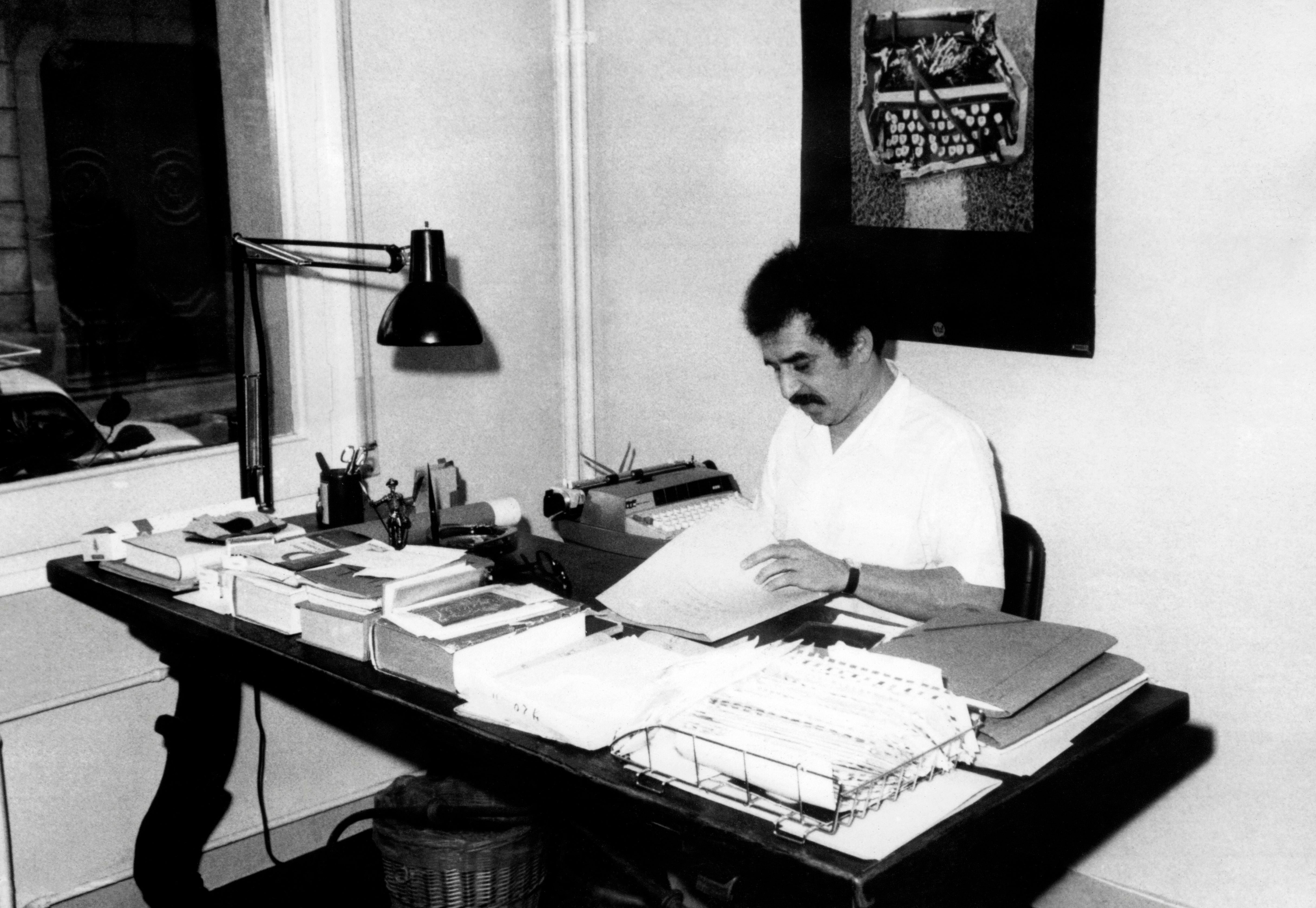Book of a Lifetime: One Hundred Years of Solitude by Gabriel Garcia Marquez
From The Independent archive: TC Boyle on one of the most original and pleasingly interleafed narratives of literature

It may come as a great shock to my readers to discover that I wasn’t always the elegantly dressed, highly attuned citizen of the world they have come to know. Far from it. In fact, for some time I was a quite clearly deranged wild-haired youth dressed in motley and living in hippie squalor in the gatehouse to a castle on the Hudson, in company with three dogs and three glowing specimens of my own species. I was experiencing nature. And reading. (As well as other things it would be impolite to mention in a family newspaper). In that period I came across the magical realists of Latin America: Borges, Cortazar, Asturias, Garcia Marquez.
I can still recall the excitement of stretching out my long undernourished frame on a very doggy sofa in front of the fire and coming upon the exquisite opening sentence (which I am quoting from the very copy I then held, which is, as you can imagine, much the worse for wear): “Many years later, as he faced the firing squad, Colonel Aureliano Buendia was to remember that distant afternoon when his father took him to discover ice.” This is the sort of opening that effervesces in the reader’s brain (Firing squad? Discover ice?) and, of course, it leads on to one of the most original and pleasingly interleafed narratives our literature has yet given us.
The narrative of One Hundred Years of Solitude, convoluted in the way of history, takes us through a hundred years in the life of the Colombian village of Macondo, which is wrenched into the modern world through a series of wars, revolutions and dictatorships, as well as the incursion of an exploitative American banana company. All this is seen against the various generations of the Buendia family, whose children and children’s children share the characteristics, personalities and – wonderfully, because this keeps the reader on his or her toes – the names of their forebears. Not only does the intrepid author give us the history of a family but he gives us the history of his country too, and always with a playful sense of myth and magic that makes the novel read, quite credibly, like a creation myth, replete with religious iconography.
Subscribe to Independent Premium to bookmark this article
Want to bookmark your favourite articles and stories to read or reference later? Start your Independent Premium subscription today.
Join our commenting forum
Join thought-provoking conversations, follow other Independent readers and see their replies